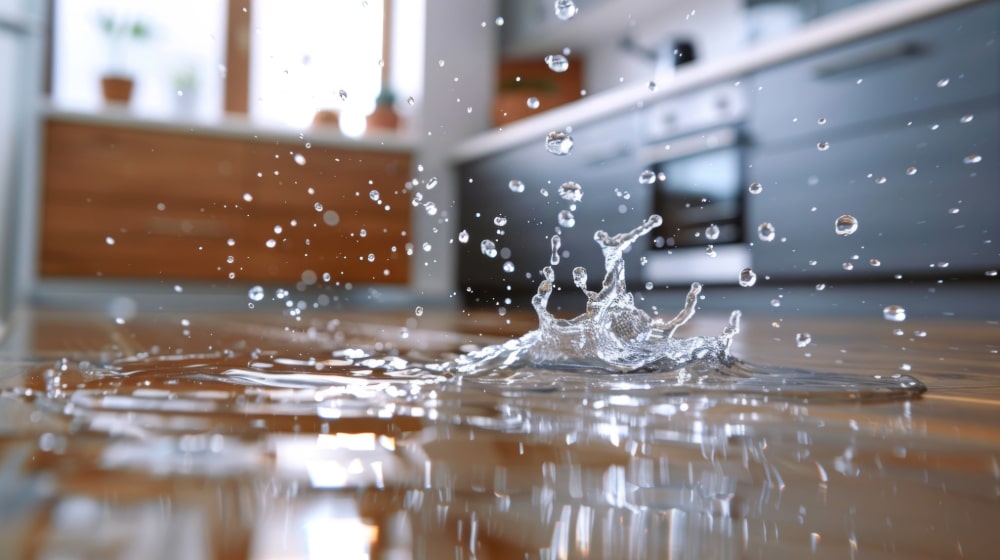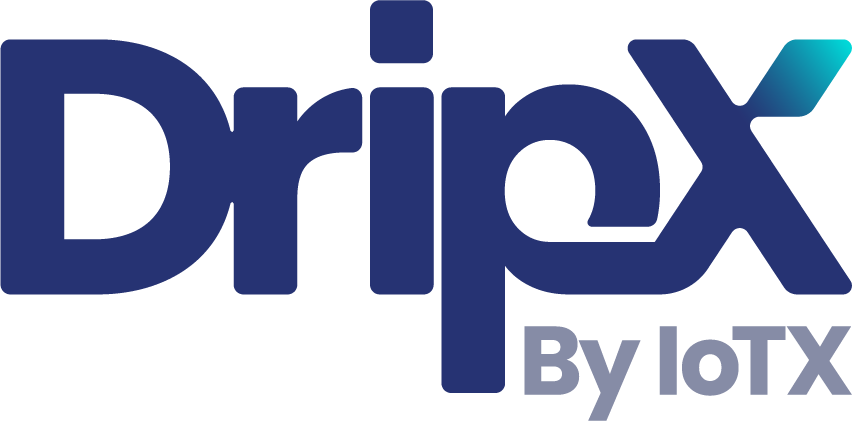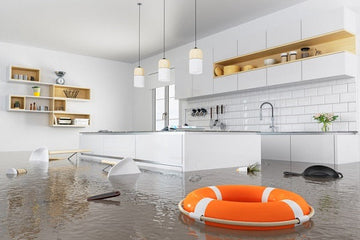In the realm of property maintenance and quality assurance, a professional water leak detector is an essential tool. It's indispensable for the early detection of leaks that could potentially cause significant structural damage. The ability to pinpoint even the most elusive leaks ensures not only the longevity of infrastructure but also the preservation of assets, making this device a staple in any industry quality assurance toolkit.

How Does a Professional Water Leak Detector Function?
The operating principle of a professional water leak detector is relatively straightforward yet remarkably effective. It involves the use of advanced sensors that are sensitive to moisture changes. These devices utilize acoustic, infrared, or electromagnetic technologies to detect fluctuations in water flow and moisture levels, alerting quality assurance personnel to potential issues before they escalate.
For instance, an article on the benefits of smart water sensors highlights how these devices can be seamlessly integrated into existing water systems, providing real-time monitoring and reporting of water usage and leaks.
Benefits of Using a Professional Water Leak Detector
The deployment of a professional water leak detector offers a multitude of benefits, particularly in the context of quality assurance:
- Efficiency: These detectors minimize downtime and repair costs by identifying problems early.
- Cost-effectiveness: By preventing water damage, they also avoid costly repairs and replacements.
- Compatibility: Modern detectors are compatible with smart technologies, increasing their effectiveness.
According to an article on smart water leak detection systems, these devices not only insure significant savings but also contribute to sustainable water management by reducing waste.
Real-Life Applications in Industry QA
The application of professional water leak detectors extends far beyond residential use. In industrial settings, these devices play a vital role in ensuring safety and operational efficiency. Industries such as manufacturing, hospitality, and healthcare rely heavily on these tools for maintaining environmental control and preventing water-related disruptions. For more insights on industrial implementations, consider reviewing this comprehensive guide.
Integrating Detectors with Quality Assurance Protocols
Integrating water leak detection into QA protocols is swiftly becoming a standard practice. This proactive approach not only enhances quality control processes but also ensures compliance with industry regulations. Technologies like AI and IoT further augment these devices, facilitating predictive maintenance and real-time analytics.
As highlighted by Econet, leveraging smart systems improves the reliability and timeliness of QA inspections, proving invaluable in an era of stringent industry standards.
The Future of Water Leak Detection in Industry
As industries continue to evolve, the demand for innovative leak detection solutions is on the rise. Future advancements are likely to focus on enhancing sensor accuracy, expanding compatibility with various infrastructures, and integrating AI-driven predictive analytics to foresee leakage scenarios.
With ongoing advancements, the integration of these systems will not only protect assets but also enhance operational efficiencies. These pioneering advancements mark exciting times ahead for industry QA professionals.

FAQs
Below are some frequently asked questions about professional water leak detectors:
- Q: What technologies are used in modern water leak detectors? A: They typically use acoustic, infrared, and electromagnetic technologies.
- Q: Can these detectors integrate with existing smart home systems? A: Yes, most modern detectors can integrate with IoT and smart home systems for enhanced monitoring.
- Q: How do these devices contribute to sustainability? A: By detecting and preventing leaks, they significantly reduce water waste.






